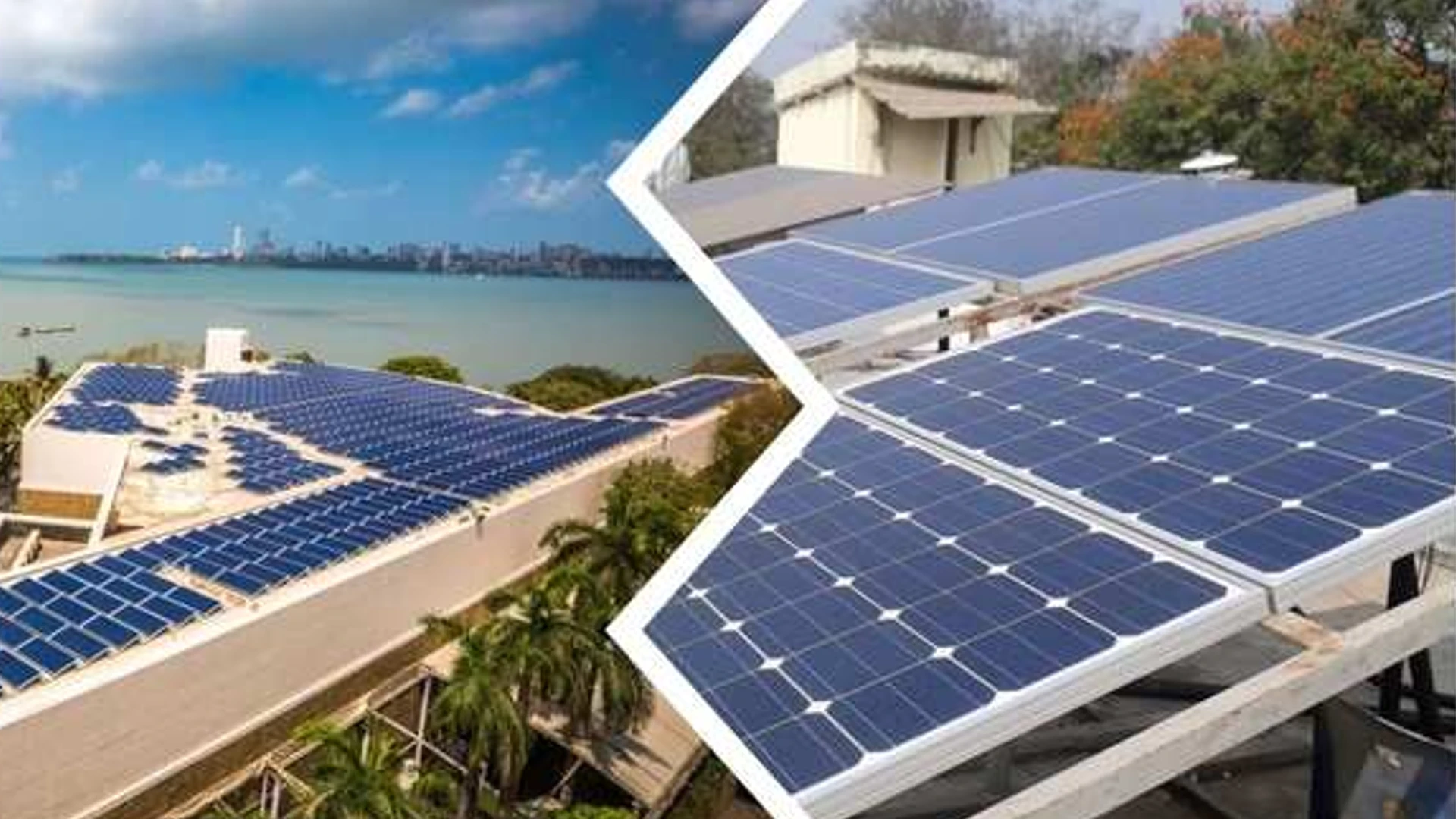Solar power systems are becoming more popular due to the increasing cost of power and electricity. As part of its Jawaharlal Nehru National Solar Mission, the Ministry of New and Renewable Energy (MNRE), the Government of India is also encouraging businesses to install solar PV systems. According to a 2018 Climatescope report, India ranks second among emerging economies in transitioning to clean energy.
In India, where commercial and industrial buildings are supplied with grid electricity at significantly higher rates than residential users, switching to solar systems is more cost-effective.
Many businesses get confused between off-grid and on-grid solar power systems when deciding whether to switch to solar power. Understanding the key differences between off-grid and on-grid solar systems will help you make the right choice.
On-Grid Solar systems
An on-grid solar power system generates power using a solar power system and is directly connected to the utility power grid. Excess power generated by the solar power system is fed back into the utility grid and consumers are compensated for it. The solar power system works in conjunction with the power grid. Whenever there is not enough sunlight to power your business, the system runs on grid power. These systems are most suitable when your power consumption is high and you wish to reduce your electricity bills. You can install on-grid systems with or without net metering. Despite being connected to the main grid, these systems are not affected by power outages.
Applications:
Businesses can use on-grid solar systems to meet their daily requirements as well as earn income from excess power generated. Buildings are able to generate enough solar energy to power appliances, lights, and water heating systems on sunny days.
Advantages:
- On-grid solar panels are very cost-effective and easy to install.
- With offsetting electricity bills, businesses can recoup the cost of their investment in just 3-8 years. Private, commercial, or industrial buildings that install a solar PV rooftop system will be eligible for the ‘Accelerated Depreciation Benefit’, which is currently 80% in a year. A business can depreciate the full value of the project in approximately 4 years at this rate.
- The excess energy generated by the system can be used to generate passive income for residential users and business owners.
Off-Grid Solar Systems
Batteries are used in off-grid systems to store the solar energy generated by the system. Typically, a solar system consists of panels, batteries, charge controllers, grid boxes, inverters, mounting structures, and balance of systems. Solar panels store enough sunlight during the day to generate enough power for the night.
Self-sustaining systems like these can provide power to critical loads in areas without electricity. These are ideal for businesses that can survive without electricity for a short period of time. Nevertheless, these systems require specialized equipment and can be expensive to install.
Applications
- Off-grid solar systems can generate electricity in rural and remote areas in a long-term, independent and sustainable way.
- Electricity backup in areas with frequent power cuts – In India, there are a number of places that experience frequent power outages due to transmission problems, which can affect the operations of businesses and public institutions. The installation of off-grid solar systems can provide an economical and viable long-term solution to the problems arising from frequent power outages.
Advantages:
- The self-sustainable systems do not rely on the grid and can work independently.
- The power generated is enough to be stored and used at night or when the power grid is down.
- Remote areas without power access from the grid are ideal for these.
- Power failures and grid shutdowns will not affect your supply.
By 2040, India will consume 15280 TWh of electricity. Many benefits, including tax rebates, are being offered to businesses that switch to renewable solar energy systems in India. The government intends to reach 225 GW of renewable energy by 2022. Based on the type of system you choose, solar power systems are a renewable energy source with various benefits. In the last few years, the price of solar PV has fallen dramatically, and vital policy-level reforms by the Government of India have made solar PV systems very profitable to install in residential and business buildings.
